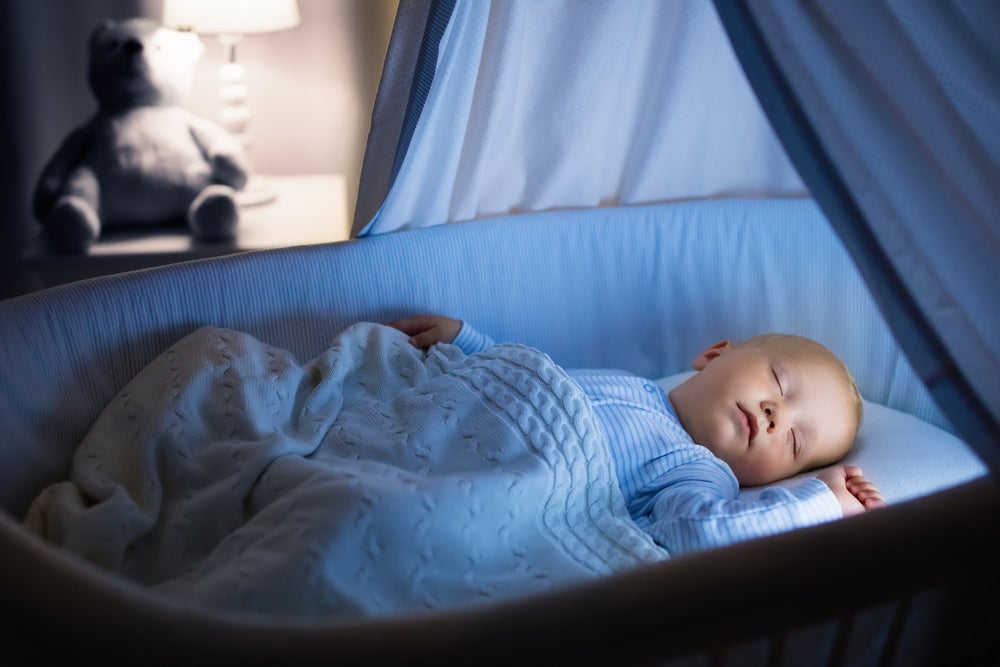Caregivers can now monitor a baby’s pulse rate and oxygen at home after the US Food and Drug Administration (FDA) cleared Owlet’s BabySat device.
The system uses the company’s wire-free sock design to house pulse oximetry technology that can measure the baby’s heart rate and oxygen saturation levels. If any parameters exceed prescribed ranges, a parent or guardian is alerted via an app.
The system is designed to be prescribed by a physician who thinks a baby would benefit from further monitoring at home.
Shares in Owlet opened 16% higher compared to the pre-announcement market close (16 June).
The FDA had previously issued the US-based baby monitoring company Owlet with a warning after the agency concluded the manufacturer had been selling the smart sock without marketing clearance or approval.
The company pulled the product in response, but the system is now back on the prescription shelves after the FDA cleared it for use as a medical device.
In a market projection by GlobalData, the pulse oximeter market is forecast to reach nearly $2bn by 2030. Whilst handheld pulse oximeters dominate the market share, innovative monitoring solutions that target wearable tech are also expected to drive markets.
Owlet CEO and co-founder Kurt Workman said: “Today, parents whose babies need additional monitoring are sent home with traditional solutions that can be restrictive and more cumbersome for parents.”
"BabySat pushes forward the modernisation of hospital-grade technology for at-home use, and underscores our commitment to transforming baby care solutions.”









